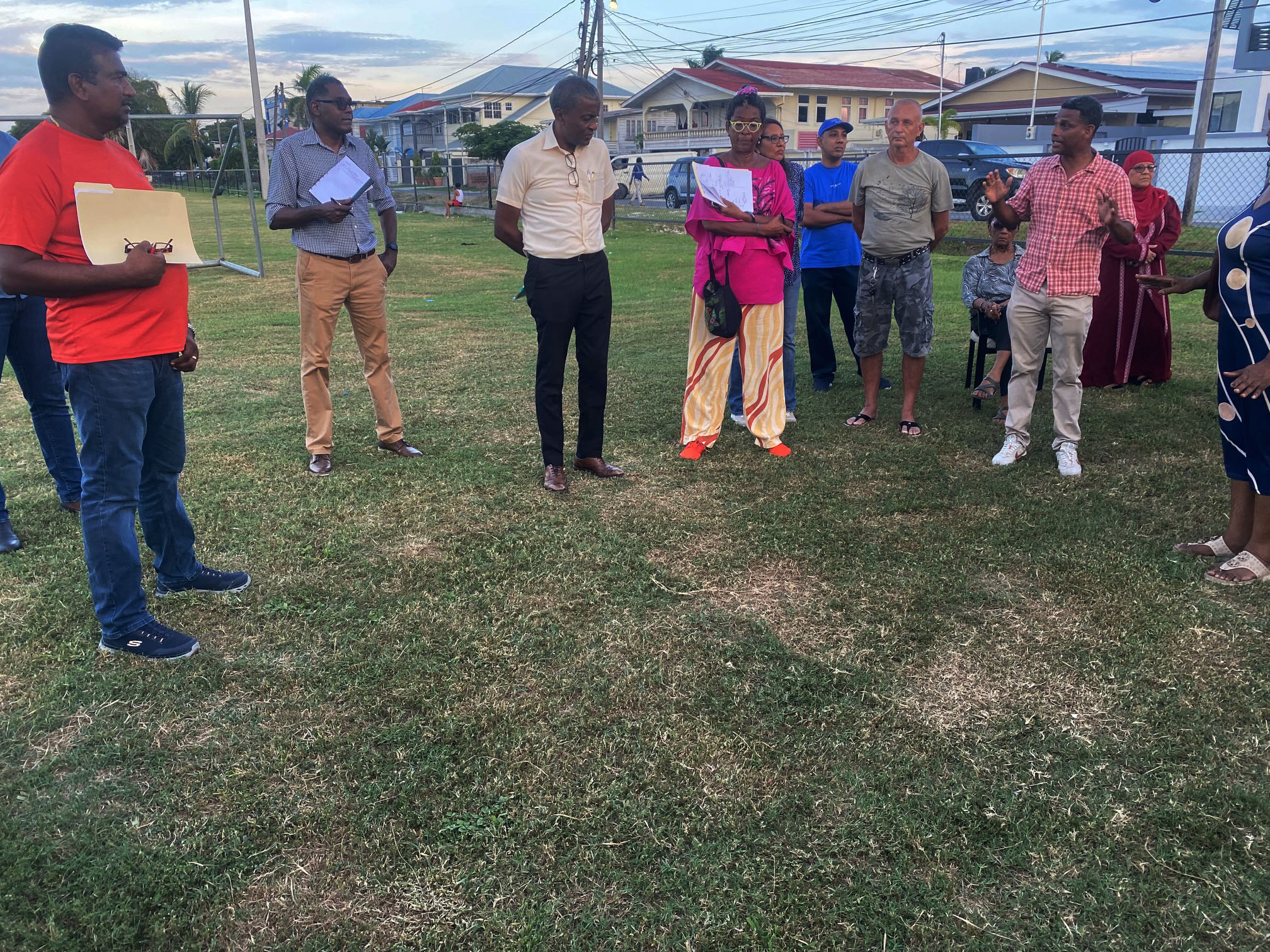By Date,MENAFN
Copyright menafn

Compounding the issue, Japanese expatriates frequently struggle with applying US-specific accounting standards and practices. A notable example is the PCAOB’s November 2023 disciplinary action against Japan’s KPMG AZSA for insufficient journal-entry testing under PCAOB audit standards. That penalty highlighted a broader pattern of non-US firms having difficulty aligning with US GAAP and audit requirements.
These structural inefficiencies have drawn scrutiny from regulators as well: the PCAOB has made clear that non‐US registered audit firms, including US subsidiaries of foreign companies, are subject to inspections just like domestic firms, with deficiencies in internal controls and audit practices regularly flagged and required to be remediated.
In this environment, continuing to sideline qualified, US-educated visa-holders is not just shortsighted but also undermines both operational resilience and long-term credibility. To overcome these structural challenges, Japanese multinationals must transition from rhetoric to action by embedding local, visa-holding professionals deeply within their US operations.
This isn’t just a theoretical fix; several leading firms are already paving the way. For instance, Toyota Boshoku has set a bold goal: by 2030, at least 80% of leadership positions in overseas plants will be held by local personnel , supported by a network of coordinators to bridge home–host communication.
Similarly, Toyota Tsusho emphasizes recruitment and development“without being constrained by past experiences or preconceptions,” focusing on equipping employees to“cooperate and lead” globally, evidenced by 74% of its staff gaining overseas experience within eight years of hiring.
Reflecting a broader strategic shift, Hitachi has made diversity and regional talent integration a cornerstone of its global human capital strategy. According to its 2023 Sustainability Report , the company has established regional DEI leaders and a Global DEI Council charged with implementing localized initiatives, including diagnostic recruiting assessments and equity-driven reforms. Hitachi’s DEI positions aimed to“attract and retain talent” and better“serve global customers” across North America and other regions.
By adopting this hybrid staffing model, melding expatriate oversight with empowered local teams, Japanese companies can both respect their cultural roots and meet the rigor of US regulatory, financial, and compliance standards.
The urgency to localize compliance expertise is intensifying. In March 2024, the US Securities and Exchange Commission (SEC) adopted sweeping climate-related disclosure rules, requiring large public companies to report Scope 1 and 2 greenhouse gas emissions and climate-related financial risks starting as early as 2026.
Simultaneously, updates to ASC 842 lease accounting standards have proven especially demanding for multinational companies operating under both US GAAP and IFRS, an added layer of complexity that foreign-based accounting teams often struggle to manage effectively.
According to a 2019 KPMG Global Lease Accounting Survey ,“multinational companies that report under both accounting standards may need to consider use of a system that will support multiple sets of leasing rules in order to comply with statutory reporting.”
The SEC has also introduced enhanced cybersecurity disclosure rules, mandating faster and more detailed incident reporting , further raising the bar for internal controls and reporting precision.
In this environment, Japanese firms that continue relying on expatriate staff, many of whom lack direct exposure to these evolving US regulatory frameworks, face growing compliance risks and slower adaptation.
By contrast, visa-holding, US-educated professionals, particularly those with bilingual capabilities and formal training in US financial reporting, are well-equipped to navigate this complexity. They offer not only technical alignment but strategic foresight, positioning Japanese multinationals to respond nimbly to regulatory shifts while earning credibility with American stakeholders.
Beyond compliance, the ability to localize expertise is becoming a strategic imperative in a fast-changing global economy. Recent US industrial policy under the Biden administration, including the Inflation Reduction Act (IRA) and CHIPS & Science Act , has spurred over $350 billion in clean‐energy investments and created hundreds of thousands of domestic manufacturing jobs. Yet, 40% of these projects have already experienced delays, signaling that workforce readiness is a critical bottleneck.



